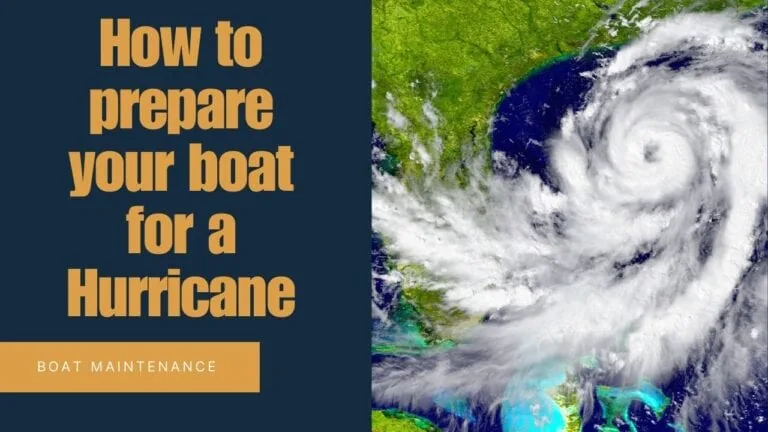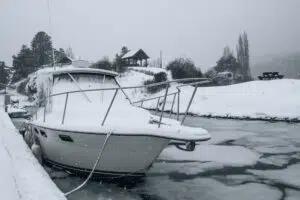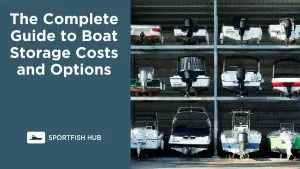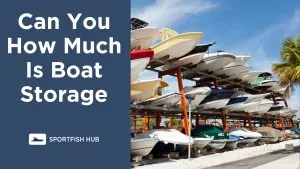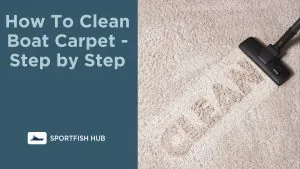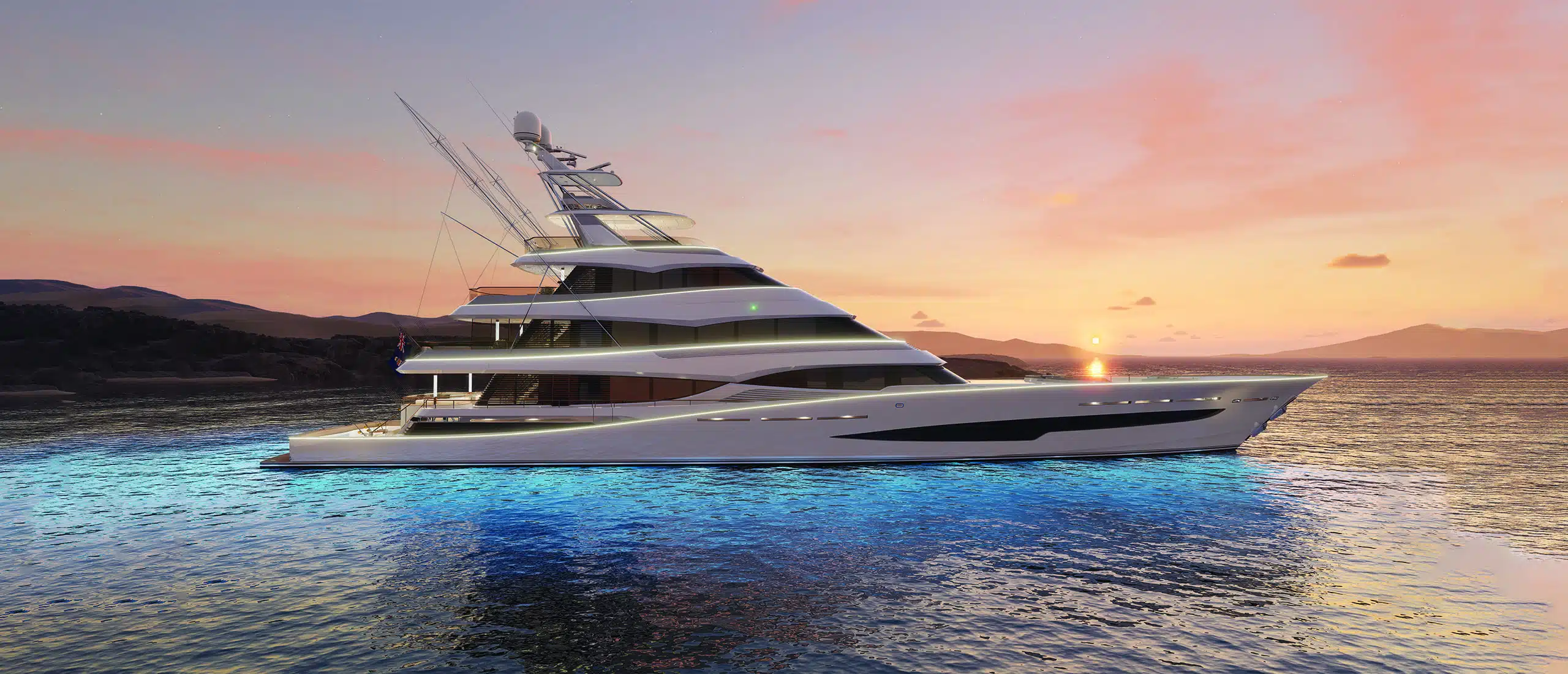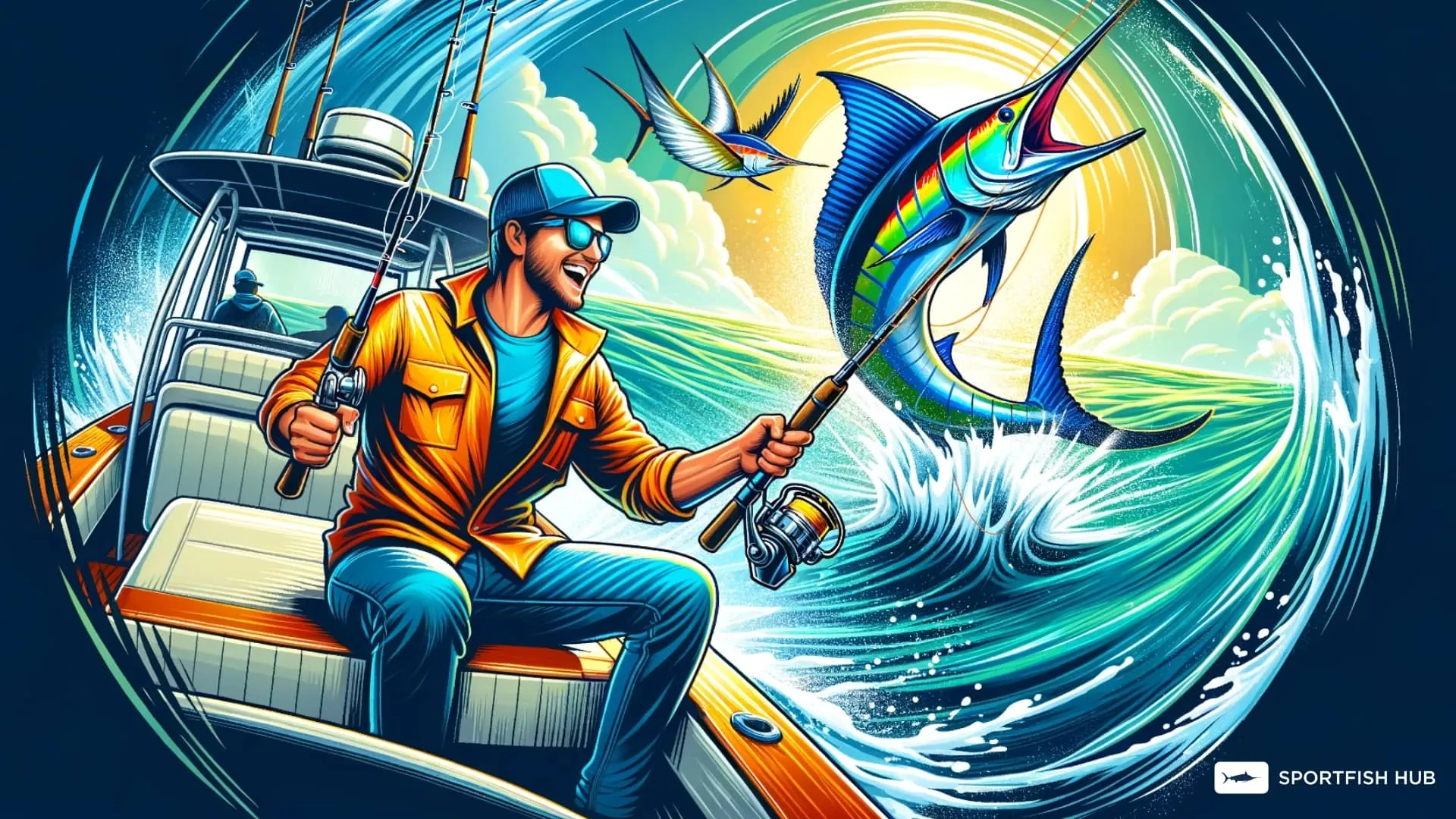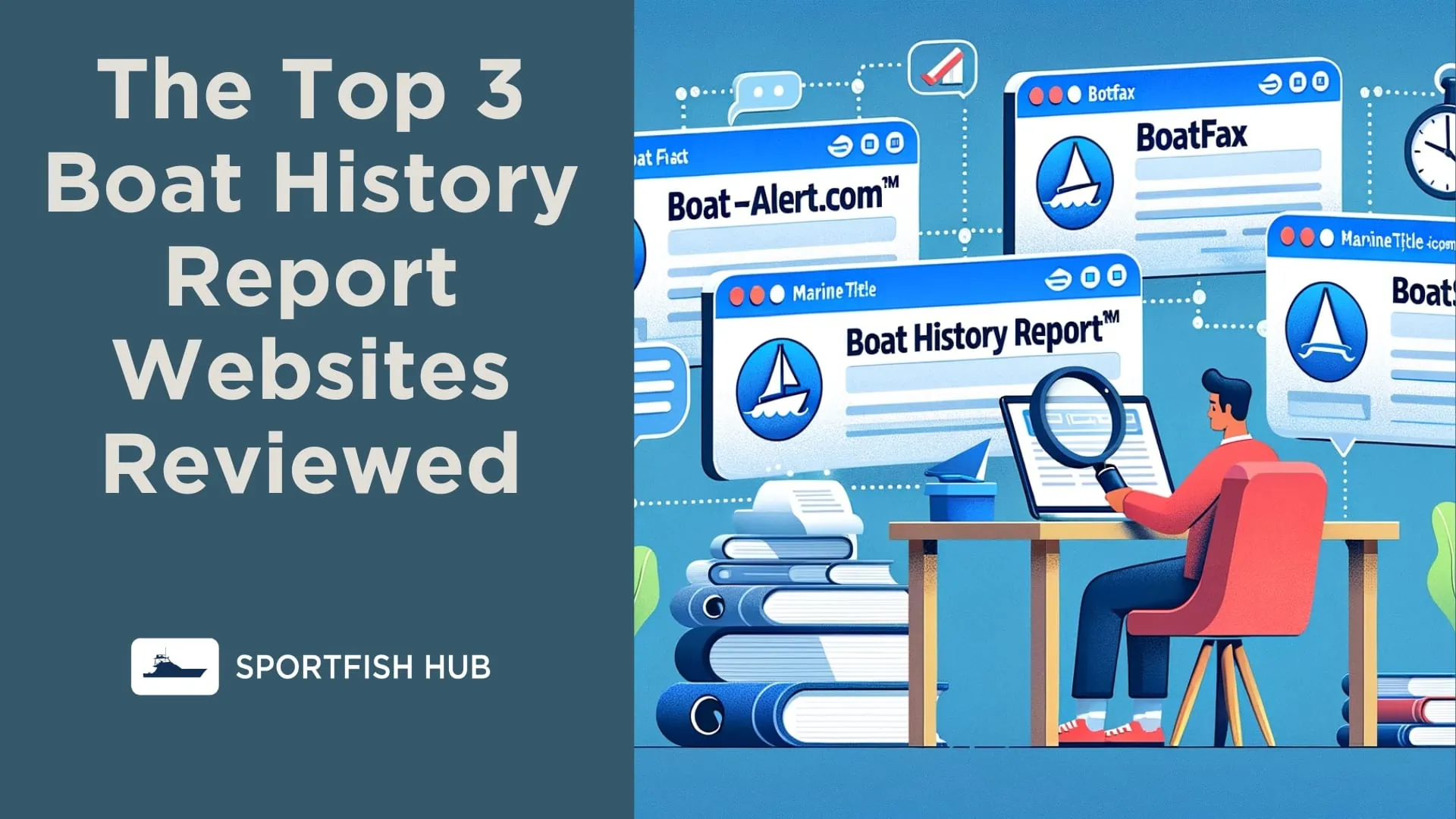Hurricane season brings high winds, heavy rain, and potential devastation to coastal communities. As a boat owner, you have a duty to safeguard your vessel in the event of a major storm. Follow these tips to give your boat the best chance of surviving hurricane conditions unscathed.
Know Your Risks
Hurricanes pack winds exceeding 74 mph and dump several inches of rain per hour. They also drive up tides and cause major flooding. Understand your region’s hurricane timeline – season starts in June in the Atlantic and Caribbean while the Pacific sees storms from May through November. Have an evacuation plan ready before the first storm forms.
Get Your Boat to Safety
Relocate trailered boats away from the coast to higher ground if a hurricane is forecast. And remember to remove drain plugs and detach onboard electronics. For boats that must stay put, double up on lines and rig crosswise spring lines at both ends. Make sure cleats are sturdy. Tie lines high on docks to allow for storm surge. Face the boat’s strongest side toward oncoming winds and waves.
Stay Ashore
Do not remain onboard during a hurricane as winds can top 100 mph and spin off dangerous tornadoes. Waiting until the last minute to batten down your boat or evacuate puts you at serious risk. Prioritize safety over property.
Guard Against Chafing
Wrap all lines at chocks with tape, rags or hoses to prevent chafing during swaying and rocking. Install fenders, old tires or boards between boats and docks. The constant motion can scrape off paint and cause major abrasions.
Keep Bilge Pumps Running
Fully charge batteries and add backups if possible. Cut power to unneeded electronics so pumps can continue working if the boat takes on water. Consider a wind-up emergency pump as a last resort.
Monitor Storm Reports
Tune into weather alerts frequently as a storm approaches so you can take appropriate actions with enough time. It takes hours to haul boats, strip sails, anchor properly or clear out of a marina.
Document Possessions
Inventory personal gear and boat equipment. Note serial numbers and take photos. Mark irreplaceable items for easy identification. Store records offline in a secure space.
Get Paperwork in Order
Gather insurance policies, recent photos, registration, lease agreements and equipment invoices so they’re handy if you need to file a claim. Know who is responsible for damage according to your marina contract.
Use Caution After the Storm
Check for downed power lines and debris under the water before launching. Sniff for gas leaks instead of using flames. Survey your dock lines and moorings for damage before setting off. Contact the Coast Guard to ensure area waterways are safe for navigation.
Conclusion
Preparation is the best defense against hurricane havoc. By taking the right precautions, you can help your boat weather the storm. But remember – no property is worth a life. If conditions become too dangerous, evacuate. You can always replace a boat.
FAQ
What is the best material for securing my boat during a hurricane?
Marine-grade, double-braided nylon lines are often recommended due to their strength and stretchability, which can absorb shock loads.
How can I protect my boat’s electronics during a hurricane?
Remove portable electronics and cover fixed electronics with waterproof covers. Also, consider disconnecting the battery to prevent power surges.
What is a “hurricane hole” for boats?
A hurricane hole is a term used to describe a sheltered, narrow waterway or cove that is known to be a safe place to anchor a boat during a hurricane.
How far in advance should I start preparing my boat for a hurricane?
The minimum time is as soon as a hurricane watch is issued (48 hours before expected conditions); however, if you need to have your boat pulled you might want to schedule that with the marina before they get too busy.

